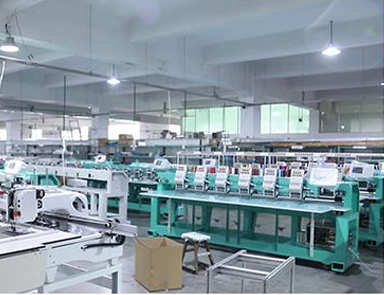water cooled chiller
Understanding Water-Cooled Chillers Efficiency and Applications
Water-cooled chillers are vital components in modern heating, ventilation, and air conditioning (HVAC) systems. These chillers offer a highly efficient means of cooling in a variety of industrial and commercial applications, making them indispensable for businesses looking to optimize their climate control systems.
At the heart of a water-cooled chiller is its ability to transfer heat from one water source to another efficiently. In these systems, water is circulated through a cooling tower where it absorbs heat from the refrigerant that is evaporating inside the chiller. The cooled refrigerant is then cycled back into the system, where it can absorb more heat from the environment or internal processes, thereby maintaining a regulated temperature.
Understanding Water-Cooled Chillers Efficiency and Applications
Additionally, water-cooled chillers tend to have a longer lifespan compared to air-cooled units. The robust design of these systems reduces wear and tear on components, thanks to their ability to manage temperatures more effectively. This durability translates to lower maintenance costs and less frequent replacements, offering a more sustainable solution for businesses.
water cooled chiller

Moreover, water-cooled chillers are particularly suitable for large-scale applications, such as in manufacturing plants, hospitals, and data centers, where efficient cooling is paramount. For instance, in a data center, maintaining low temperatures is critical to prevent servers from overheating and ensure optimal performance. Here, water-cooled chillers provide a steady supply of cool water to keep the internal environment stable and conducive to operational needs.
Nevertheless, there are certain considerations to keep in mind when implementing water-cooled chillers. The systems require a reliable water supply and appropriate infrastructure to manage water levels effectively. Additionally, regular maintenance is essential, particularly concerning the cooling tower and water quality, to prevent issues such as scaling and biological growth.
In the realm of environmental responsibility, water-cooled chillers offer another advantage they can be more environmentally friendly than their air-cooled counterparts. With advancements in technology and the use of low-GWP (Global Warming Potential) refrigerants, these systems can significantly reduce the carbon footprint associated with cooling processes.
In conclusion, water-cooled chillers are an efficient and reliable cooling solution for various industrial and commercial applications. Their ability to provide consistent and effective cooling, combined with their longevity and potential for eco-friendliness, makes them a preferred choice for many businesses. As companies continue to seek ways to improve efficiency and reduce operational costs, the role of water-cooled chillers in HVAC systems will undoubtedly remain significant. Understanding their functionality and advantages can help businesses make informed decisions about their cooling needs in an increasingly demanding environment.
















































































































